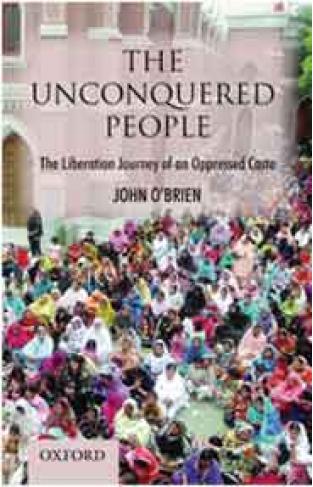This book explores the history and ethnography of the Chandala of classical literature, now known as Punjabi Christians. Mapping their history of conquest and religiously-endorsed degradation, it discusses their subversive counter-narrative through genealogies, wedding songs, litanies and epic poetry; with its defiant proclamation of identity. Rites of passage disclose an unreconstructed patriarchalism, where ritualized sexual joking is a form of equality creation. Eclecticism in their religious sensibilities, indicates how superficial adherence to the externals of major religions, was a survival tactic. Their hidden religion and exclusion from Hindu dharm, shows why they never saw themselves as 'Hindus.' It traces how one group, Mazhabi Sikhs, became a model of social mobility, how their economic world was transformed in the Chenab Canal Colonies and how a new identity began with the founding of Christian villages. It analyses their embracing of Christianity as a 'Tactics of Consumption,' noting the factors that contributed to a turn towards Catholicism. It observes their growing exclusion due to the Islamization of Pakistan. Cautioning against the suppression of the 'memory' of oppression, it argues that seeing themselves as a lineage of belief and praxis, can give meaning to their on-going historical struggle.












